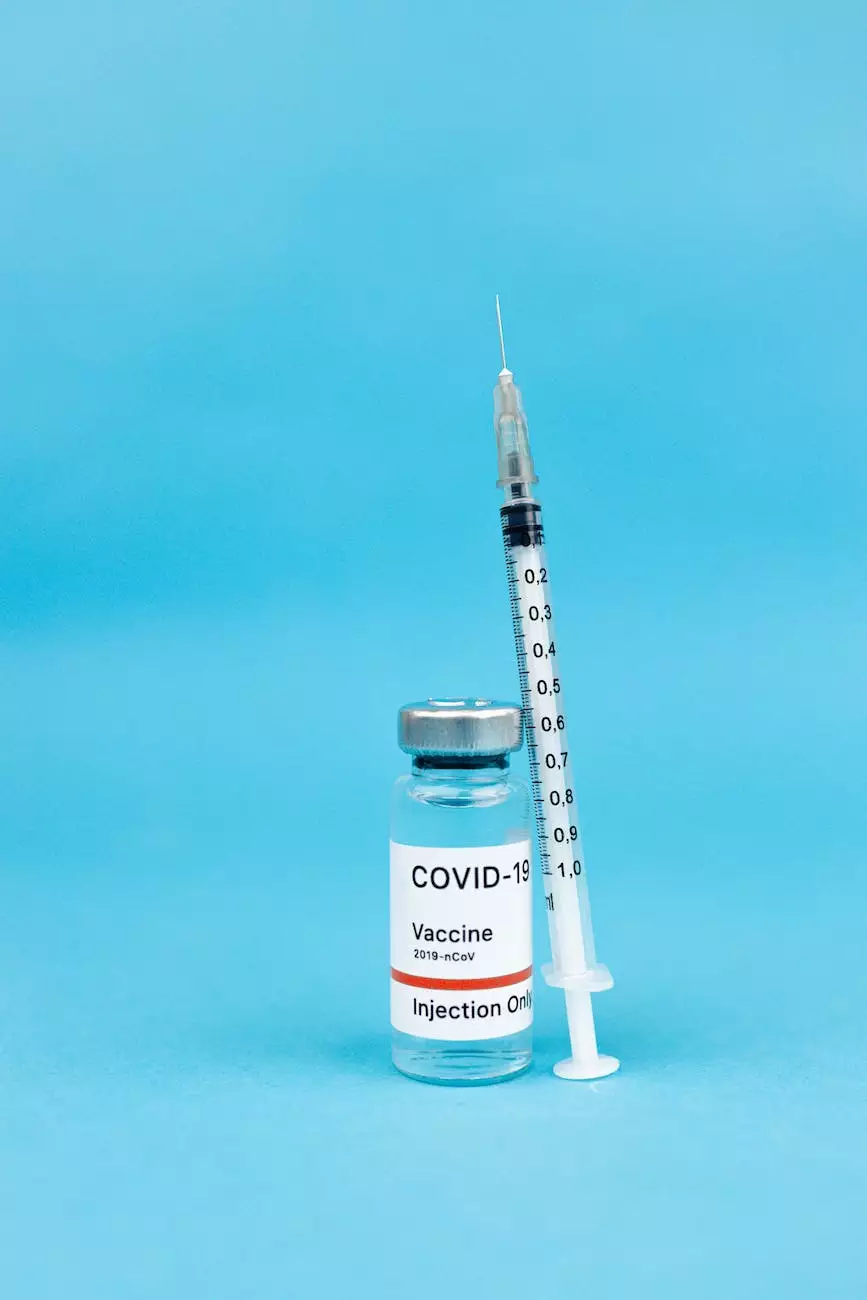Medical Device Research: Unlocking the Future of Health & Medical Innovation

Introduction
Welcome to Life Science Market Research, your ultimate destination for comprehensive insights into the world of medical device research. In this groundbreaking field, cutting-edge technologies and innovative ideas converge to revolutionize the health and medical centers globally. Join us as we uncover the immense potential and exciting possibilities offered by medical device research.
The Role of Medical Device Research
Medical device research plays a pivotal role in advancing healthcare practices and improving patient outcomes. By employing groundbreaking technologies, medical devices provide state-of-the-art solutions to complex medical challenges. From diagnostic tools to therapeutic devices, the contributions of medical device research are limitless.
Enhancing Diagnosis and Treatment
One of the primary goals of medical device research is to enhance the accuracy and efficiency of diagnosis. Through the development of sophisticated imaging devices, such as MRI and CT scanners, healthcare professionals are empowered to detect and diagnose conditions with unparalleled precision. Moreover, medical devices aid in the delivery of targeted treatments, promoting faster recovery and minimized side effects.
Improving Patient Care and Quality of Life
Medical device research not only focuses on medical treatment but also on improving the overall patient experience. Innovations such as wearable devices and remote monitoring systems enable healthcare providers to monitor patients' vital signs, alerting them of any anomalies and ensuring timely intervention. These devices empower individuals to take charge of their wellness, leading to improved quality of life.
Key Areas of Medical Device Research
In health and medical centers, medical device research spans across various interdisciplinary areas. Here are some key domains where researchers are pushing boundaries:
Biomedical Engineering
Biomedical engineering is the foundation of medical device research. It combines engineering principles with medical sciences to design and develop novel devices that cater to specific medical needs. From artificial organs to prosthetics and implantable devices, biomedical engineering leads the way in transforming lives.
Medical Imaging
Medical imaging has witnessed remarkable advancements through medical device research. Sophisticated imaging techniques, such as ultrasound, magnetic resonance imaging (MRI), and positron emission tomography (PET), offer non-invasive insights into the human body's intricacies. These imaging devices aid in early detection, accurate diagnosis, and effective treatment planning.
Bioinstrumentation
Bioinstrumentation explores the fusion of biology and instrumentation. It involves the development of diagnostic tools and devices that measure biological parameters, such as blood pressure, heart rate, and oxygen saturation levels. These devices not only assist in diagnosis but also facilitate monitoring of patients during medical procedures.
Regenerative Medicine
Regenerative medicine is a rapidly evolving field within medical device research. It aims to restore or replace damaged tissues and organs, offering new hope to patients with injuries or diseases that were previously considered incurable. By harnessing the potential of stem cells, tissue engineering, and 3D printing, regenerative medicine paves the way for personalized healthcare solutions.
The Future of Medical Device Research
The future of medical device research holds immense promise for advancing healthcare practices. Here are some exciting trends shaping the industry:
Internet of Medical Things (IoMT)
The Internet of Medical Things (IoMT) refers to the integration of medical devices with information technology systems and networks. This interconnected ecosystem enables real-time data exchange, remote patient monitoring, and enhanced collaboration between healthcare providers. IoMT is poised to revolutionize healthcare delivery by leveraging the power of data-driven insights.
Artificial Intelligence (AI)
Artificial intelligence plays a significant role in medical device research, driving advances in diagnostics, personalized medicine, and predictive analytics. AI-powered algorithms can analyze vast amounts of data, aiding in the development of more accurate diagnostic tools and treatment strategies. As AI continues to evolve, its integration with medical devices will unlock innovative solutions for enhanced patient care.
Nanotechnology
Nanotechnology is revolutionizing medical device research by enabling the construction of devices at the nanoscale. This offers immense potential for targeted drug delivery, early disease detection, and efficient diagnostic techniques. With nanotechnology, medical devices can be designed to interact with specific areas of the body, resulting in improved treatment outcomes and reduced side effects.
Conclusion
Medical device research is unquestionably transforming the landscape of health and medical centers. At Life Science Market Research, we are committed to providing you with the latest developments and insights in this exciting field. Stay informed, stay ahead, and embrace the future that medical device research promises. Unlock the potential of innovation, and together, let's shape the future of healthcare!










